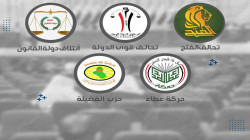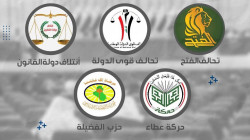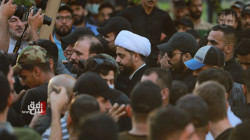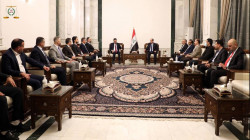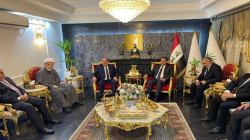The Coordination Framework's "qualifiers" to choose Iraq's new PM
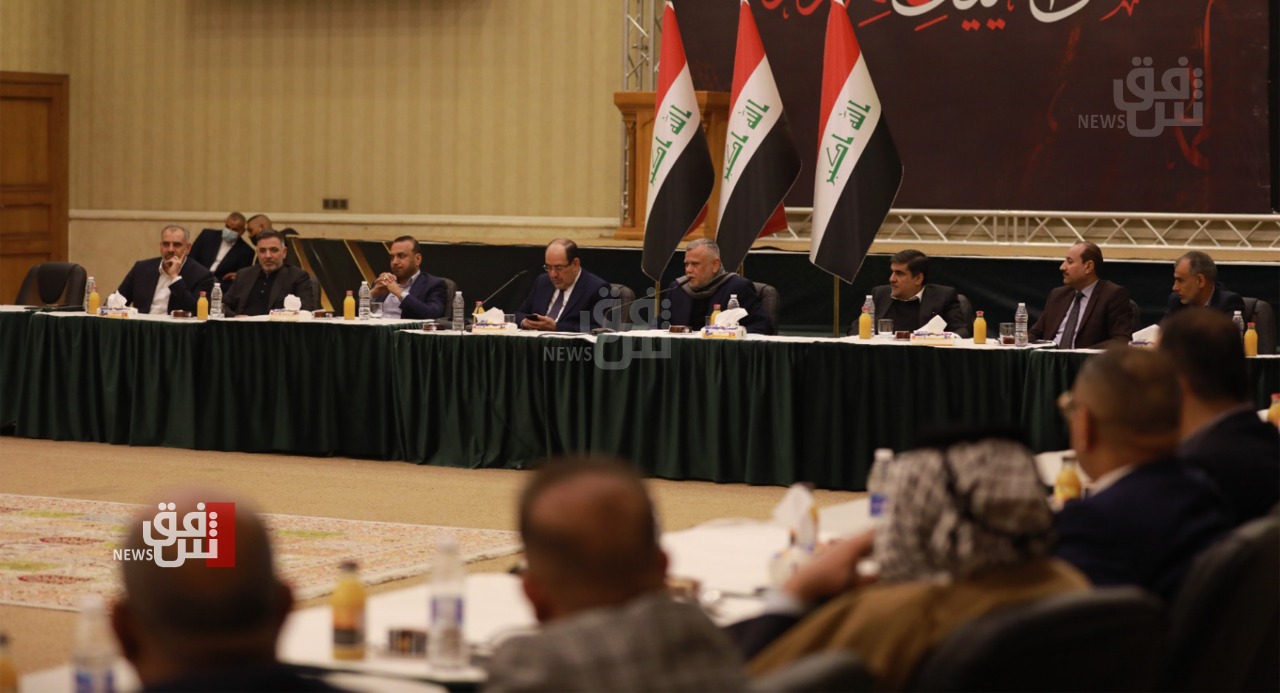
Shafaq News/ Talks are underway between the major players in the Iraqi political arena to end months of deadlock and select a new leader of the country's cabinet. The Coordination Framework, the Shiite forces consortium running the scene after the total withdrawal of the Sadrist movement, still has a mountain to climb with a course of tricky hurdles and obstacles along the road toward its conquest.
According to reliable sources, the Coordination Framework stepped up its negotiations with independent deputies to ally with them in order to speed up the process of forming the government, in exchange for executive positions.
The Coordination Framework has focused on forming the new government, and engaged in talks with other political forces, since the Sadrist representatives' resignation and al-Sadr's decision to quit politics. However, no formal announcement of agreements between the blocs leading to the formation of the government has yet been made.
A senior source said, "the negotiations between the Coordination Framework and the forces on the political spectrum, particularly the independent lawmakers, are underway. The Human Rights Committee and the Ministry of Youth and Sports were initially promised to the independent representatives."
"Independent MPs have expressed a desire to hold ministerial portfolios. But, if that is not feasible, the position of Baghdad's governor or mayor, along with a government body that commensurates with their parliamentary weight," a source told Shafaq News agency.
"The independent MPs have become a force of weight. With more than 60 of them, they shall have a seat in the cabinet of course," the source continued, "The parliamentary session to be held after the Eid holiday will resolve all matters related to the formation of the government and the distribution of roles."
Furthermore, an informed source stated, "The nomination of a PM will be per the rules and limitations, wherever they are found in a candidate, they will be chosen through an internal vote of the Framework forces, and then with other allied forces."
"It is the right of every Shiite political component or alliance within the Framework forces, to nominate those they see fit for office."
"All the Shiite forces in the Framework have agreed to permit the party's second line leaders, provided they adhere to the requirements and controls . It is also ok if already-tried names are put forward, because the vote will settle the controversy."
"Nouri al-Maliki, the leader of the State of Law coalition, was among the candidates put forth for the position by his deputies, along with Mustafa al-Kadhimi, Asa'ad al-Eidani, and Mohammed Shaya'a al-Sudani. Also, it is hoped that an independent candidate will also be put forth for the position."
The source also said, "The Coordination Framework's members, including those from the allied forces, will vote on the candidates named above, or any others that might join the shortlist later. The figure that musters the backing of the highest number of MPs will be named a PM-designate after al-Sadr's approval."
On Monday, an informed source said the Coordination Framework had formed a committee that will coin the government program set up in preparation for the formation of the next government.
"The members of the committee writing and monitoring the government program are leaders of the second tier of Shiite political parties participating in the next government, taking into account their academic background, as well as their experience to ensure that a serious government program is written."
"Among the members of the committee are the spokesman for the State of Law coalition Bahauddin al-Nouri, MP and leader Ahmed al-Assadi of al-Fatah alliance, the leader of the Asa'ib Ahl al-Haq movement Saad al-Saadi, Fadi al-Shammari of the National Wisdom Movement, Bafel Talabani of the Patriotic Union of Kurdistan (P.U.K.), Muthanna al-Samarrai of al-Azm alliance, some leaders in other Shiite forces, and a representative of independent deputies."
A source familiar with the political movement of the Coordination Framework forces has already revealed the nomination of three relevant committees to complete the procedures for forming a government to speed up its declaration.
"The regular meetings of the Coordination Framework forces resulted in the nomination of three important committees, including the committee writing the government program, that holds ten members of the second-tier leaders specializing in the political, economic, and legal fields."
According to the source, the second negotiations committee includes some of the leaders who represented the Framework in negotiations with political parties and the management committee for political decision-making, which includes the heads of the Framework's political forces.

